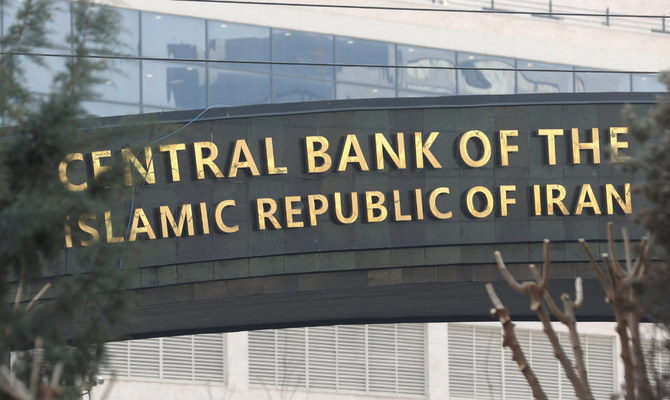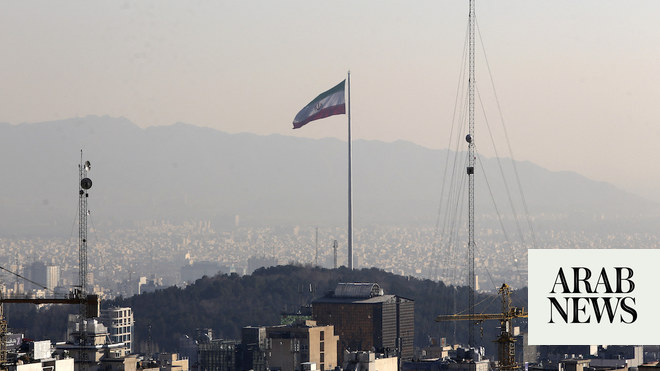
Swedish truck-maker Volvo has joined other companies withdrawing from Iran, six weeks after the second phase of US sanctions entered into force.
The company stopped assembling trucks in Iran because US sanctions are preventing it from being paid, a spokesman for the company said on Monday.
In August, US President Donald Trump reimposed sanctions against Iran after his decision to pull out of a nuclear deal with Tehran, which have forced companies across Europe to reconsider their investments there.
Volvo spokesman Fredrik Ivarsson said the trucks group could no longer get paid for any parts it shipped and had therefore decided not to operate in Iran in another blow to the country’s car industry, which unlike the energy and banking sectors, had managed to sign contracts with top European firms.
“With all these sanctions and everything that the United States put... the bank system doesn’t work in Iran. We can’t get paid... So for now we don’t have any business (in Iran),” Ivarsson told Reuters.
Ivarsson said Volvo had no active orders in Iran as of Monday.
Before the sanctions were reimposed, Volvo had expressed an ambition for Iran to become its main export hub for the Gulf region and North Africa markets.
EU implemented a law to protect its companies, but the sanctions have deterred banks from doing business with Iranian firms as Washington can cut any that facilitate such transactions off from the US financial system.
Volvo was working with Saipa Diesel, part of Iran’s second-largest automaker SAIPA, which was assembling the Swedish firm’s heavy-duty trucks from kits shipped to Iran.
A commercial department manager at Saipa Diesel confirmed that sanctions had prompted Volvo to terminate their partnership agreement.
“They have decided that due to the sanction on Iran, from (May) they couldn’t cooperate with us. We had some renovation planned in Iran for a new plant but they refused to work with us,” said the manager, who declined to be identified.
More than 3,500 Volvo trucks had been assembled by Saipa Diesel in the year to May, but none had been assembled in this financial year although the original deal was for at least 5,000 trucks, explained the manager.
Meanwhile, Finnish mining technology company Outotec will pull out of Iran due to the new sanctions, a company spokeswoman said on Monday
Outotec builds plants, makes equipment and offers services for the metal and mineral processing industries. It has a long history in Iran and it remained in the market after the US imposed sanctions in 2010.
Its business started to normalise after the 2015 nuclear deal, helping Outotec to book orders from National Iranian Copper Industries Company (NICICO) and Iran International Engineering Company (IRITEC).
New sanctions on Iran have forced companies across Europe to reconsider their investments there.
“We comply with all existing sanctions. Our projects in Iran are already in their final phases ... and we aim to complete our projects before November 4,” asserted spokeswoman Eila Paatela.
Outotec has not disclosed the overall volume of its business in Iran but it said in May that the market did not represent a significant share of its global sales of about $1.41 billion.
The NICICO order is for two sulphuric acid plants for copper smelters with a value of around 50 million euros. The IRITEC order is for technology worth 45 million euros for an iron plant.












